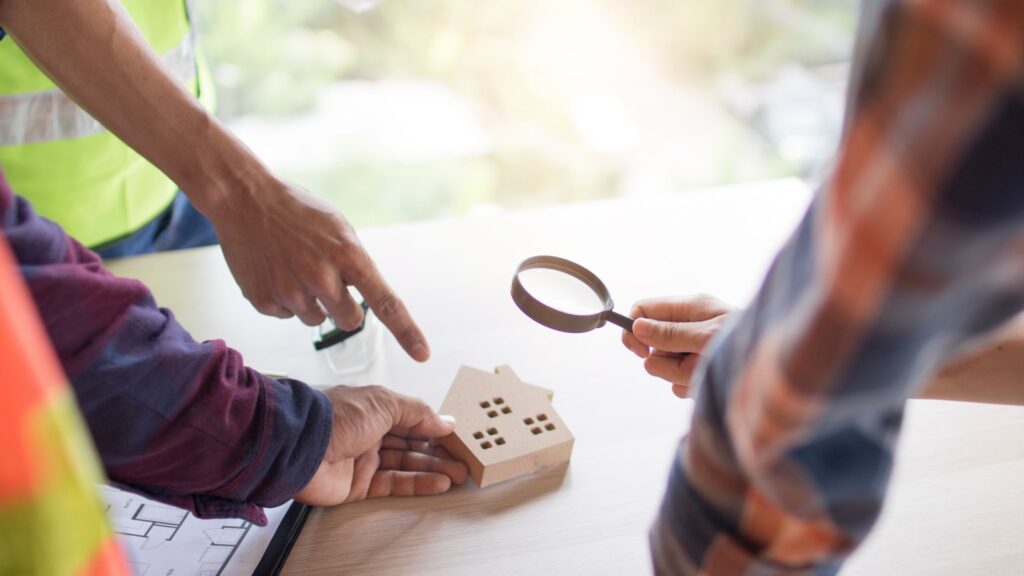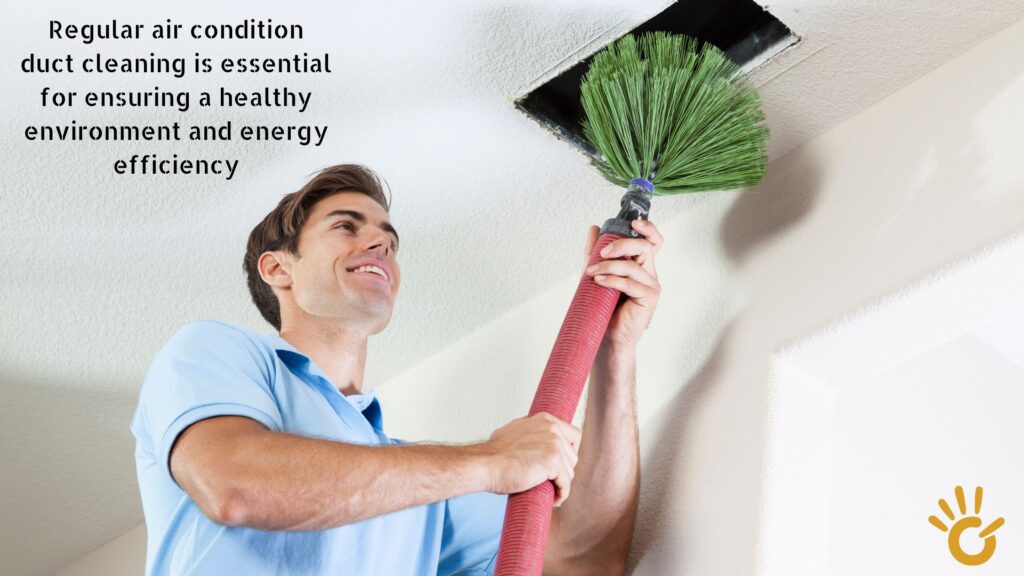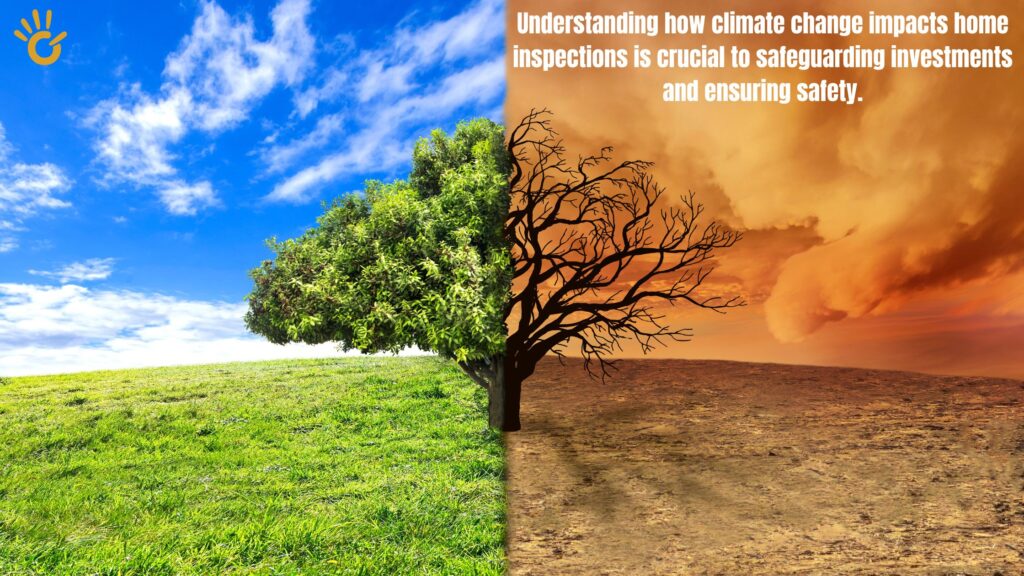
Buying a home for the first time is an exciting milestone, but it can also be a daunting process, filled with decisions and challenges. One of the most critical steps in the home-buying journey is the home inspection. For first-time homebuyers, a thorough inspection can offer peace of mind, ensuring that the home is in good condition and free from hidden problems. It’s an opportunity to understand the property you’re investing in and avoid future surprises. Here’s what first-time buyers need to know about the home inspection process.
What Is a Home Inspection?
A home inspection is a comprehensive evaluation of the condition of a property. It’s conducted by a licensed and experienced home inspector, who examines various systems and structures within the home to identify any issues that may need attention. The inspection typically includes checking the foundation, roof, plumbing, electrical systems, heating and cooling systems, insulation, and more. The goal is to provide an objective, unbiased assessment of the home’s condition.
Why Is a Home Inspection Important for First-Time Buyers?
As a first-time homebuyer, you may not be familiar with all the elements that make a home structurally sound and safe. A home inspection helps uncover potential issues before you close the deal. Without an inspection, you could inherit costly repairs or even safety hazards that you didn’t anticipate. An inspection also provides a chance to renegotiate with the seller or request repairs if significant issues are discovered.
When Should the Home Inspection Take Place?
A home inspection typically happens after the seller has accepted your offer, but before you finalize the purchase and close the deal. It’s usually one of the contingencies included in the sales contract, meaning that if the inspection reveals major problems, you have the right to walk away from the deal, request repairs, or renegotiate the price.
What Does a Home Inspection Cover?
A standard home inspection covers key areas of the home, including:
– Foundation, walls, floors, ceilings, and the roof.
– The home’s exterior walls, grading, drainage, walkways, and driveways.
– Condition of the roof, gutters, downspouts, and any signs of leaks.
– Water supply and drainage systems, water heater, and pipes.
– Outlets, switches, electrical panels, and overall safety of the wiring.
– Heating, ventilation, and air conditioning systems, ensuring they function properly.
– Ceilings, walls, floors, windows, doors, and stairways.
– The insulation in the attic and crawl spaces, along with ventilation systems.
– Built-in kitchen appliances are checked for functionality, including stoves, ovens, and dishwashers.
While the inspection is thorough, keep in mind that inspectors cannot check things hidden behind walls or underground, such as pipes or wiring. Additionally, inspections don’t typically cover areas like swimming pools or pest control, though you can request specialized inspections for those.
What Should You Expect During the Inspection?
The home inspection process usually takes two to four hours, depending on the size of the property. As a buyer, it’s a good idea to attend the inspection so you can see the issues firsthand and ask the inspector questions. The inspector will take notes and photos during the process and will provide a detailed report afterward, outlining any defects or concerns.
Red Flags to Watch For
While no home is perfect, there are certain red flags that first-time homebuyers should be aware of:
-Cracks in the foundation or uneven flooring could indicate costly structural problems.
– Missing or broken shingles, leaks, or poor drainage can lead to expensive repairs.
– Stains on ceilings or walls could be signs of past or ongoing leaks, which may cause mold or rot.
– Outdated or faulty wiring can be a safety hazard and might not meet modern building codes.
– If the heating or cooling system is outdated or not functioning correctly, you may need to budget for repairs or replacement.
– Leaks, corroded pipes, or poor water pressure may point to hidden problems with the plumbing system.
What Happens After the Inspection?
Once the inspection is complete, the inspector will provide you with a report, detailing any problems that were found. You’ll then have a few options:
– ou can ask the seller to make necessary repairs before closing. Be sure to focus on significant issues rather than cosmetic ones.
– If the seller isn’t willing to make repairs, you might negotiate a lower purchase price to cover the cost of repairs.
– If the inspection reveals severe problems that make you uncomfortable with the purchase, you have the option to back out of the deal, provided this was part of your contract.
Hiring a Qualified Home Inspector
Choosing the right home inspector is essential. Look for an inspector who is licensed, certified, and has a solid reputation. Ask for recommendations from your real estate agent, family, or friends. Make sure to review sample inspection reports to ensure they are detailed and easy to understand.
Home Inspection Costs
The cost of a home inspection can vary depending on the size and location of the property, but it generally ranges from $300 to $500. While this may seem like an added expense, it’s a worthwhile investment that could save you thousands in unexpected repairs down the road.
Specialized Inspections
In some cases, a general home inspection may not be enough. Depending on the property’s age, location, or specific features, you may want to consider additional inspections such as:
– To check for termites or other infestations.
– If the home has had water damage or a history of leaks.
– In areas where radon levels are a concern.
– For homes with fireplaces, ensuring the chimney is safe and clean.
Conclusion:
Be Informed, Be Prepared For first-time homebuyers, the home inspection is a critical part of the purchasing process. It provides valuable insights into the condition of the property and can help you avoid costly repairs and unforeseen problems in the future. By understanding what the inspection entails, attending the inspection, and hiring a qualified inspector, you can make an informed decision about one of the biggest investments of your life
Being proactive and prepared during the home inspection phase will help ensure that your first home is a solid, safe, and sound investment for the years to come.


